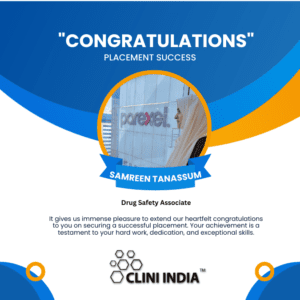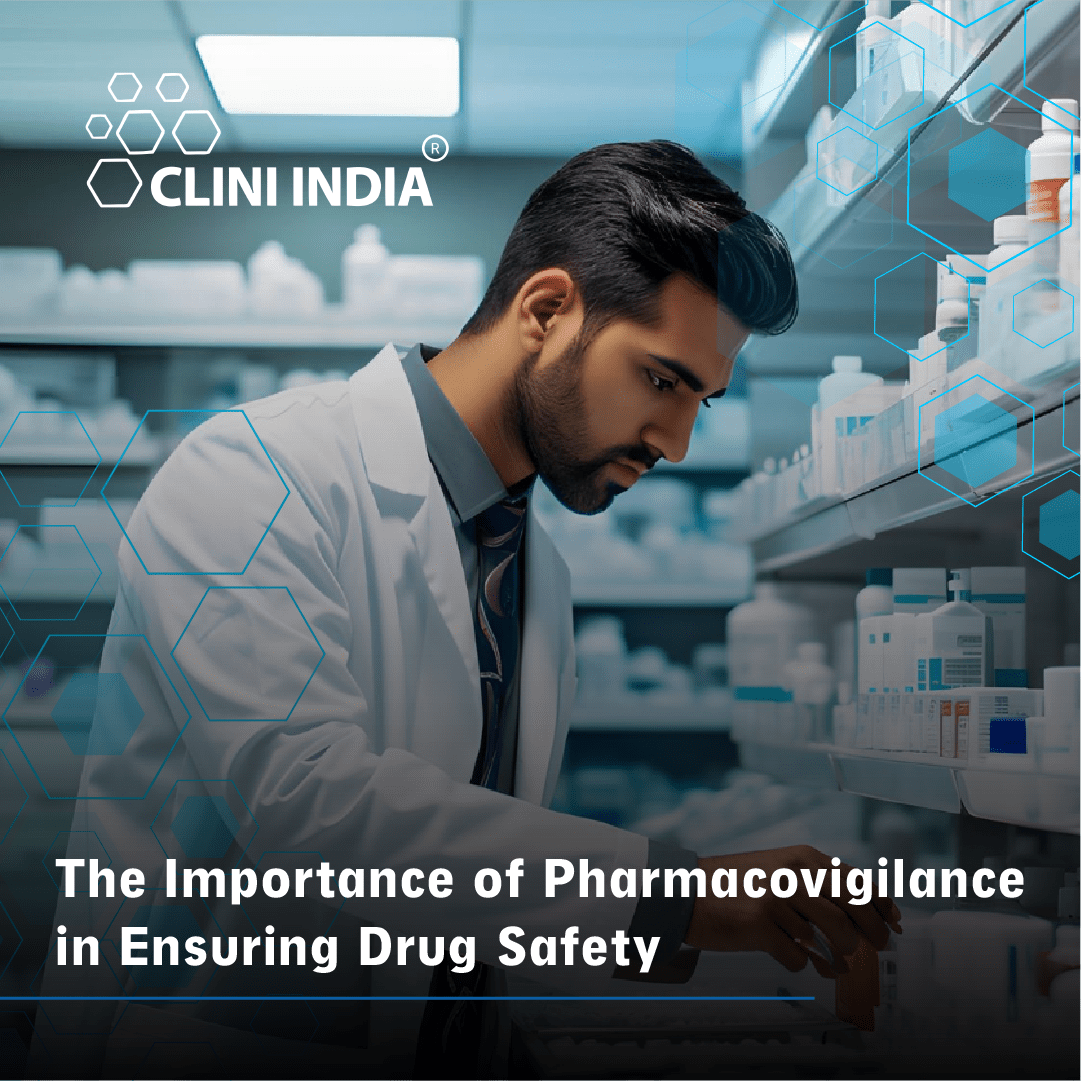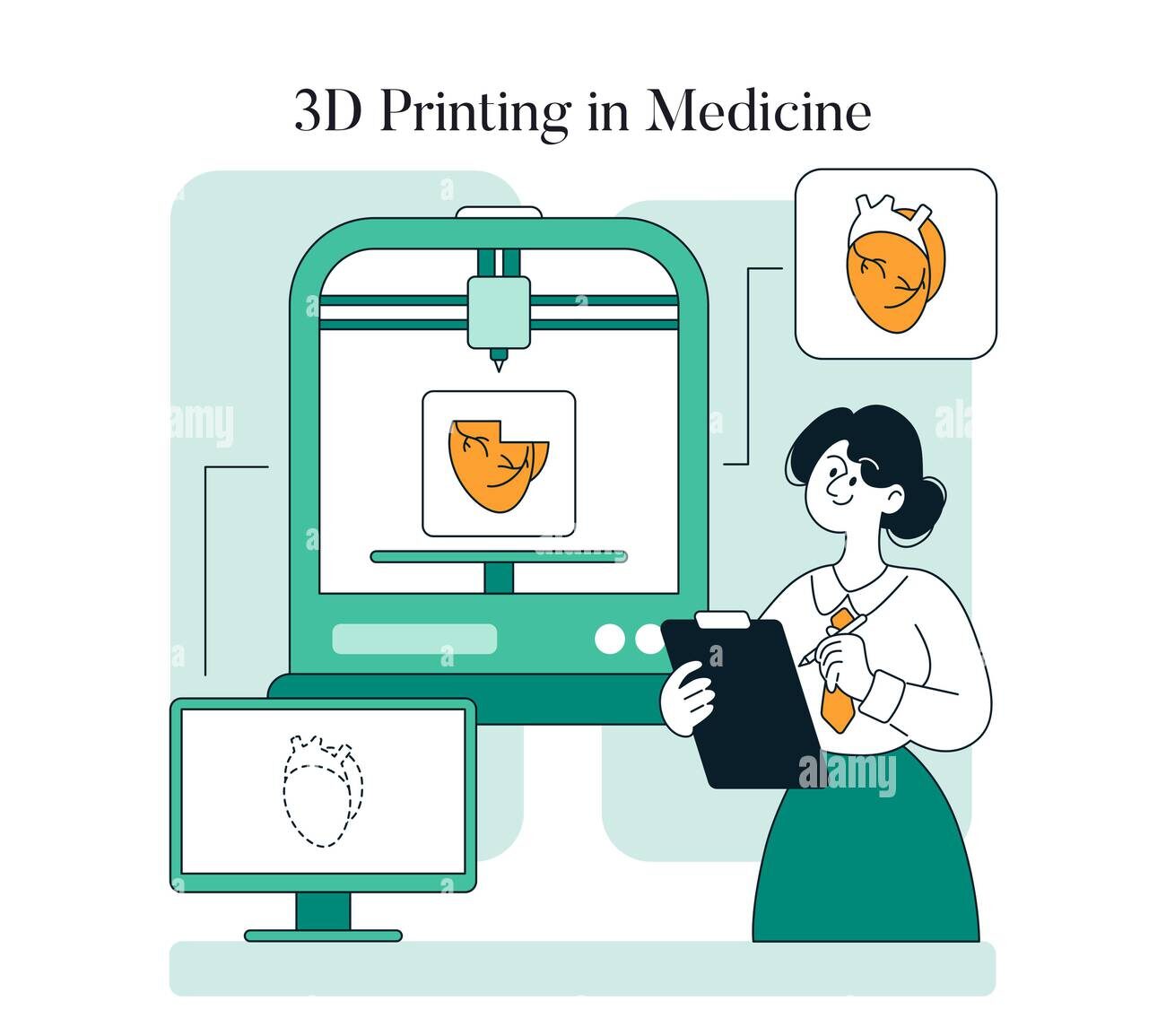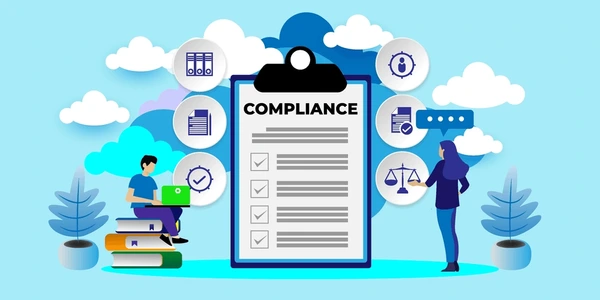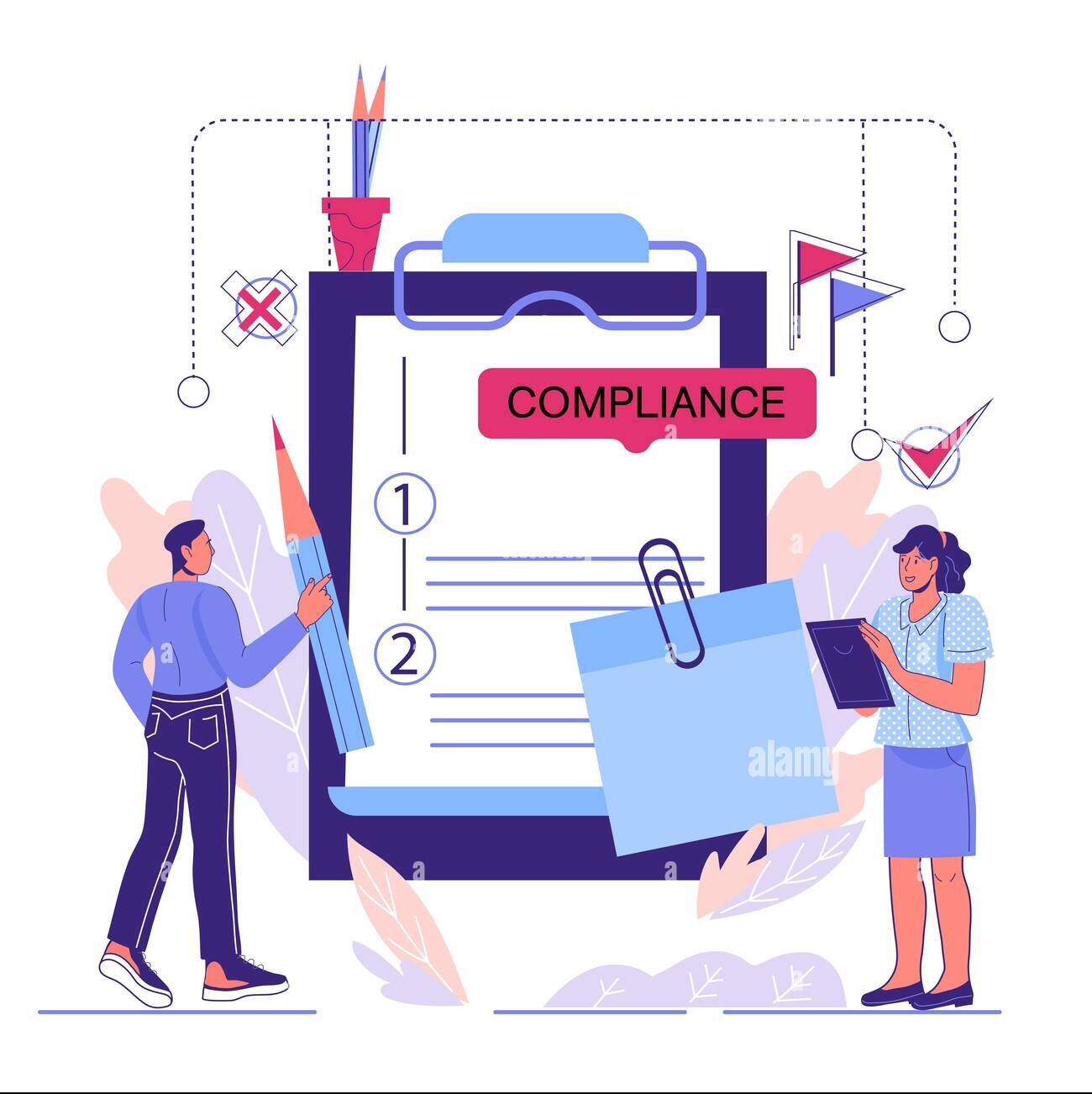
Medication Errors: Causes and Prevention
Medication errors are one of the most common preventable mistakes in healthcare, affecting patient safety and treatment outcomes. These errors can occur at any stage of the medication process, from prescribing to administration. Understanding the causes of medication errors and implementing preventive measures is crucial for reducing their impact.
Causes of Medication Errors
- Prescription Errors – Incorrect drug selection, dosage, or frequency prescribed by healthcare professionals.
- Dispensing Errors – Mistakes made by pharmacists, such as mislabeling or providing the wrong medication.
- Administration Errors – Errors made by nurses or caregivers, including incorrect dosing, wrong timing, or route of administration.
- Communication Issues – Misinterpretation of handwriting, verbal orders, or incomplete patient information.
- Look-Alike, Sound-Alike (LASA) Medications – Confusion between drugs with similar names or packaging.
- Patient-Related Factors – Non-adherence, misunderstanding of instructions, or self-medication errors.
- Technology and System Failures – Issues with electronic prescribing systems, barcode scanning, or lack of proper software integration.
Prevention Strategies
- Standardized Prescription Practices – Use computerized physician order entry (CPOE) systems to reduce human errors in prescriptions.
- Pharmacy Safety Measures – Implement double-checking procedures and use barcode verification for dispensing medications.
- Proper Training and Awareness – Continuous education for healthcare professionals on medication safety practices.
- Clear Communication – Encourage open communication among healthcare providers, patients, and caregivers.
- Patient Education – Ensure patients understand their medications, including proper usage, side effects, and adherence.
- Use of Technology – Employ electronic health records (EHR), automated dispensing cabinets, and smart infusion pumps.
- Reporting and Learning from Errors – Establish a non-punitive culture where medication errors are reported and analyzed to prevent recurrence.
Medication errors pose significant risks to patient safety, but with the right strategies, they can be minimized. A collaborative approach involving healthcare professionals, patients, and advanced technology is essential for ensuring accurate and safe medication practices. By prioritizing medication safety, we can improve healthcare outcomes and prevent avoidable harm.








































